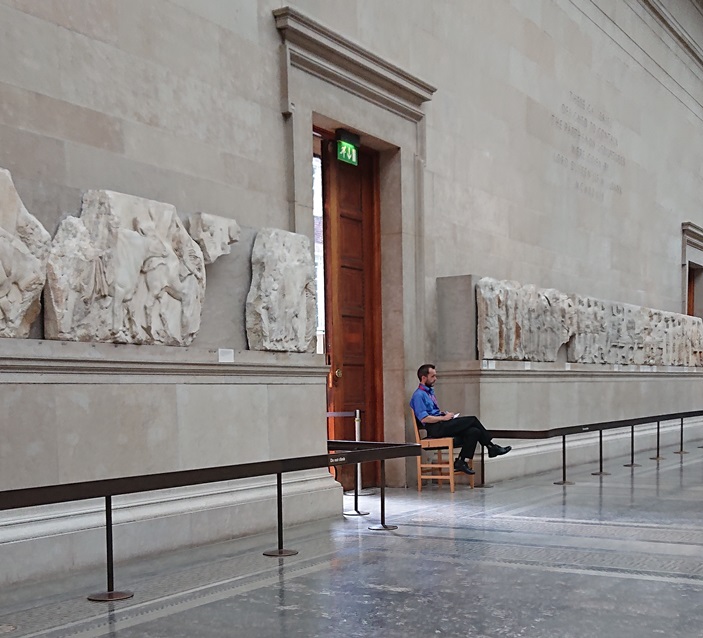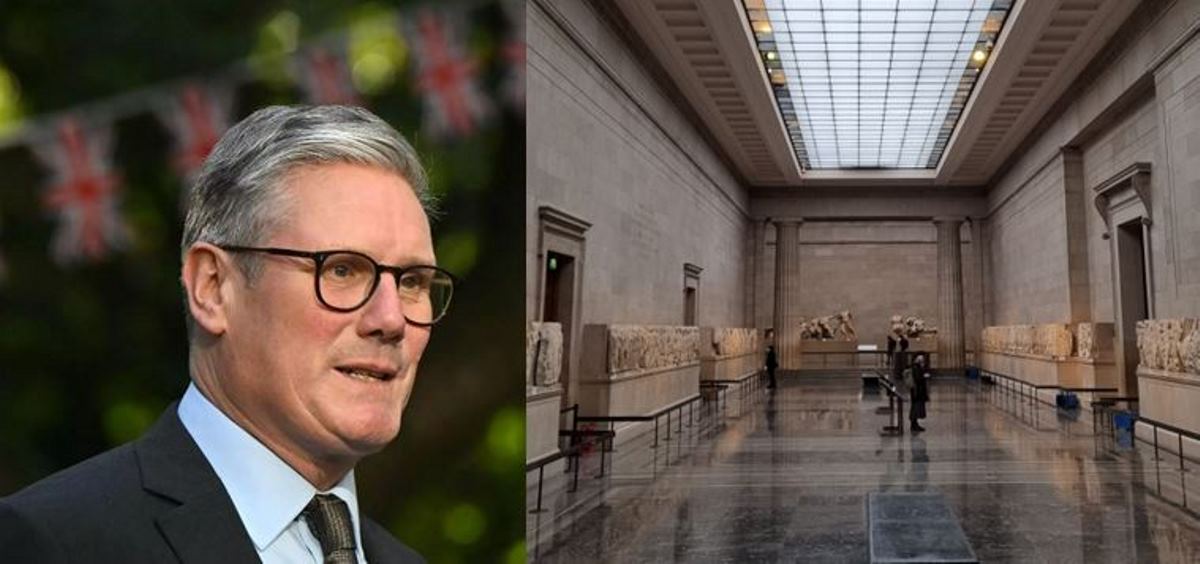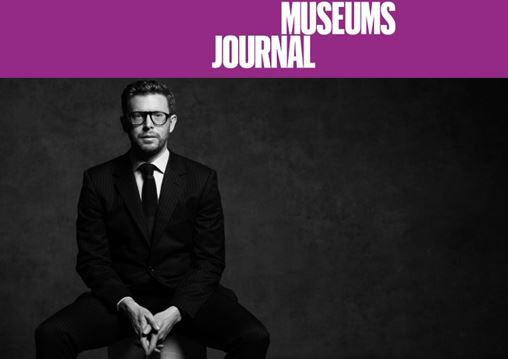Nearly two weeks since Yannis Andritsopoulos wrote in Ta Nea that the Institute of Digital Archaeology would appeal against the British Museum's refusal to allow access to the Parthenon Sculptures to be scanned, the coverage on this topic continues.
A follow up article in Ta Nea and the Times on Monday 28 March. The Times headline: British Museum accused of ‘gross distortion’ by Elgin Marbles scanner further fuels the notion that the British Museum is worried what the outcome of such perfect replicas might do to their ongoing refusal to consider Greece's request for reunification of the surviving sculptures in the Acropolis Museum.
'The IDA had been denied permission to carry out the scans, with the British Museum said to be wary that the creation of precise replicas could make it impossible to argue that the originals should be retained in London' writes Billy Kenber in The Times.' The IDA team said it had spoken to security guards about what they were doing as they carried out scans and staff had been “helpful and encouraging”.'
These articles were closely followed by Helena Smith in the Guardian on Tuesday, 29 March alongside ARTNews.
Tessa Solomon writes in ARTNews:
'3D imaging has become an important tool for resurrecting lost cultural treasures, and the IDA hopes it can even help settle the bitter custody battle between Greece and the U.K.
Citing the British Museum’s own guidelines authorizing certain 3D scanning of its collection, members of the IDA entered the galleries and took images of most of the marbles. However, several pieces will need a ladder to be reached.
In a precedent-setting case, Germany returned 1,000 objects known as the Benin Bronzes determined to have been looted from Nigeria.
Last October, a UNESCO advisory board urged the British Museum to reconsider its position on the Parthenon Marbles. The British government rejected the recommendation and insisted that the British Museum was the best steward of the sculptures.
This stance was complicated, however, following reports that heavy rainfall in London caused water to leak into the British Museum’s Greek galleries. In a statement, the British Museum said that none of the sculptures had been damaged.
Successive Greek governments have campaigned for their return, citing that they were pulled from the monumental frieze during the Ottoman occupation of Greece, when the latter nation had no sovereignty over its cultural property.'
The request by Greece continues, with the most recent by Prime Minister Mitsotakis visiting London mid November last year to ask Prime Minister Johnson to consider a way forward with regards to the reunification of the Parthenon Marbles.





Comments powered by CComment